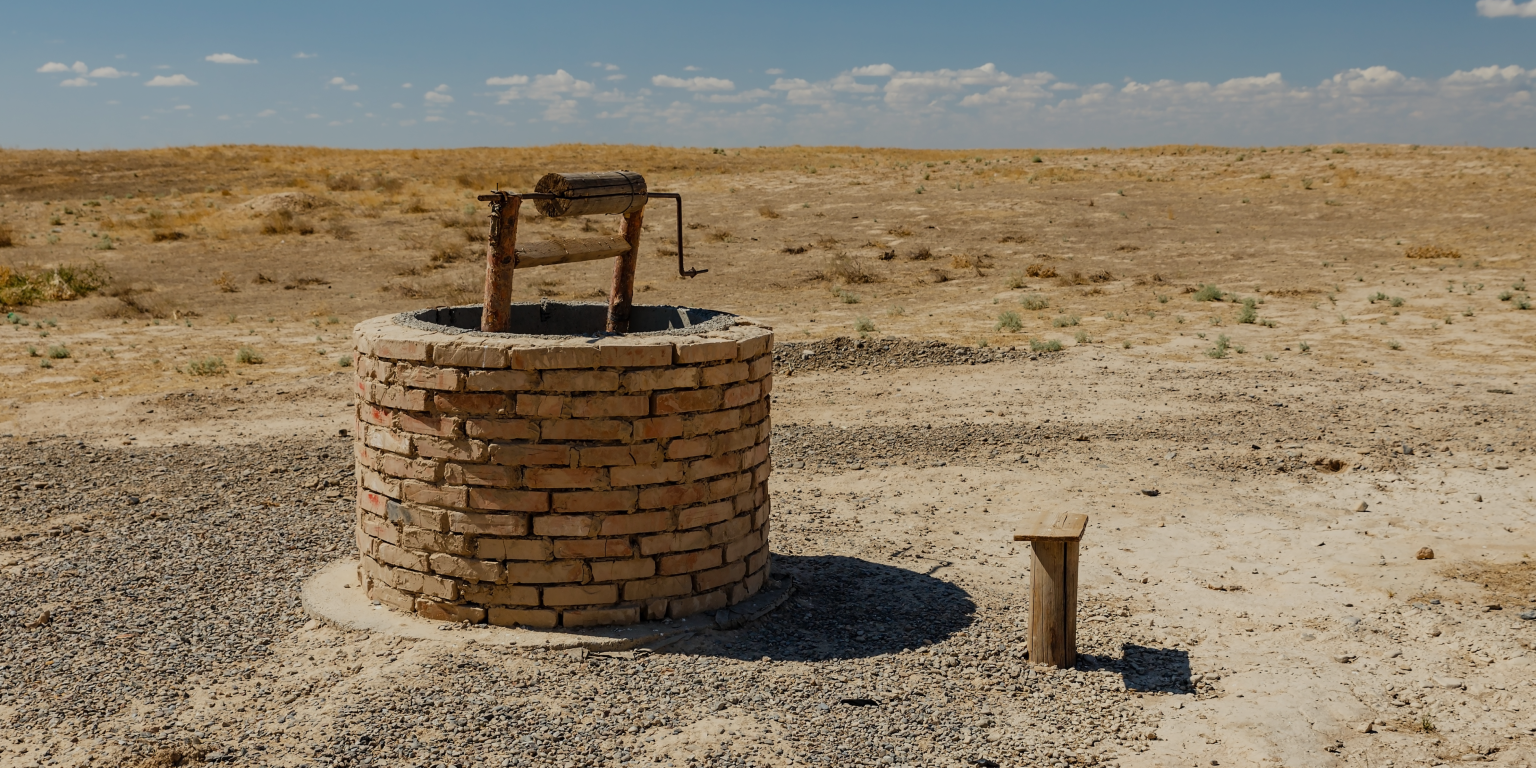Why can some people cope with stress and trauma and others not? Why can some move forward while others stay stuck in their pain?
Resilience or the ability to overcome adversity has been researched by the human sciences for many years, trying to trace why and how some people can bounce back in spite of hardship and severe trauma.
Recent research has highlighted some of the most common factors of resilient people:
- They don’t see themselves as victims of circumstance and understand the importance of actively managing their feelings and coping skills.
- They are resourceful and normally have good problem-solving skills.
- They know that they need social support to survive and don’t neglect their support systems.
- They value their connection with family and friends.
- They are not scared to ask for help.
- Resilient people also show a high level of spirituality, acknowledging that people are all part of a bigger picture, designed by a power greater than us.
Practising their spirituality, of whatever kind, brings them a sense of meaning and perspective, adding purpose to their lives. They acknowledge love and compassion as driving forces in their lives and interaction with people.
It has been found that a certain degree of spirituality enables resilient people to cultivate hope and to practice critical awareness. They accept their vulnerability but know how to take the edge off the discomfort and pain caused by trauma.
Hope is not an emotion for resilient people, but a mindset and a way of thinking. They set goals and persevere to achieve it and they believe in their own abilities. The good news is that hopefulness is a skill that can be learned! Children can learn hope from their parents and in relationships where there are boundaries, consistency and support – they can learn that hope is a choice any person can make. But resilient people know that this is not an easy and fast process – it requires hard work and commitment.








